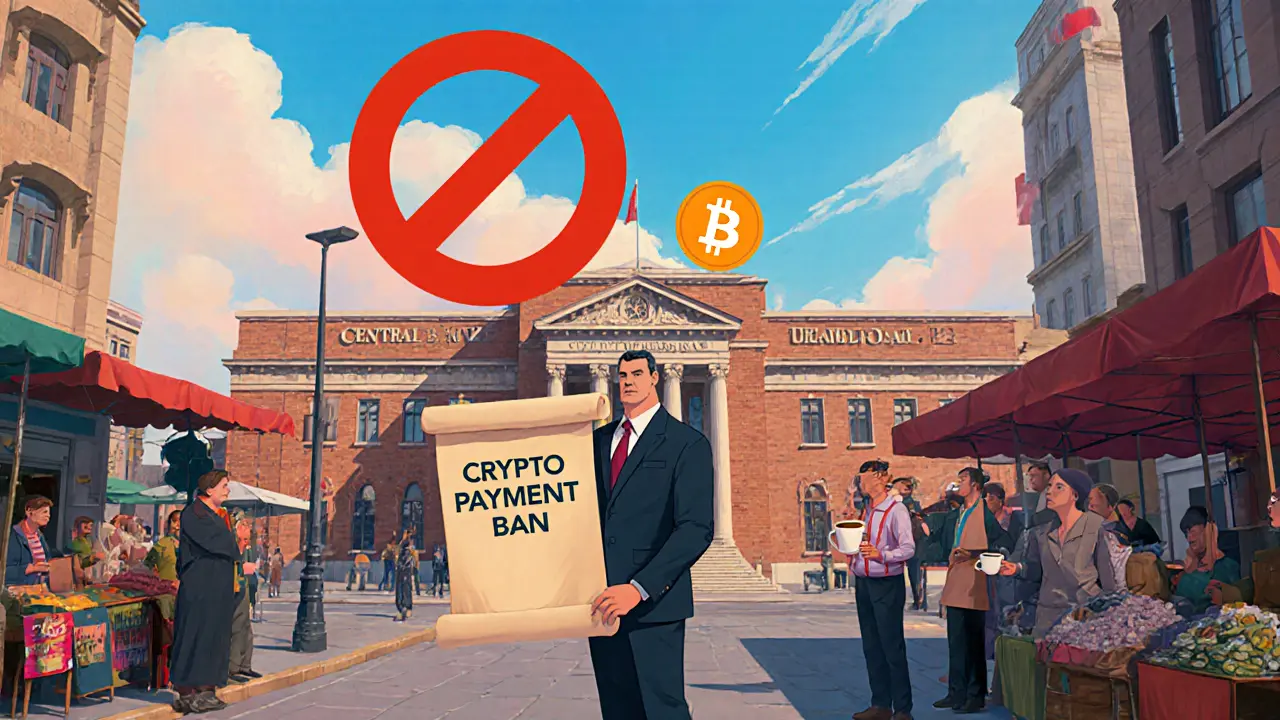Crypto Regulation Turkey: What You Need to Know
When navigating crypto regulation Turkey, the collection of laws, guidelines, and supervisory actions that govern digital assets inside Turkey. Also known as Turkish crypto policy, it decides how exchanges, investors, and developers can operate. Understanding crypto regulation Turkey helps you stay on the right side of the law while tapping the market’s potential.
Key Pillars of Turkish Crypto Rules
One of the biggest pieces is cryptocurrency exchange licensing, the requirement that any platform offering trading services must obtain a permit from the Banking Regulation and Supervision Agency (BRSA). Without this license, an exchange can face fines or shutdown. Another pillar is anti‑money‑laundering (AML) compliance, the set of customer‑due‑diligence, reporting, and record‑keeping rules that protect the financial system from illicit use. The BRSA works together with the Financial Crimes Investigation Board (MASAK) to enforce AML standards, meaning traders must verify identities and monitor suspicious activity.
Government financial oversight doesn’t stop at exchanges. tax reporting obligations, the duty for individuals and businesses to declare crypto gains to the Revenue Administration are now enforced, with penalties for evasion. The policy also touches on stablecoins: the central bank has warned against using them as a substitute for the lira, and any stablecoin service must meet the same licensing criteria as traditional crypto platforms.
These rules shape the market in three ways. First, they create a clearer playing field for legitimate players, attracting institutional interest. Second, they push unlicensed projects to either comply or disappear, which reduces scam exposure. Third, they influence user behavior—traders often prefer platforms that already hold a BRSA license because they feel safer.
What does this mean for developers building on Turkish chains? They need to ensure their token contracts don’t breach securities definitions. If a token is deemed a security, it falls under the Capital Markets Board (CMB) regulations, adding another compliance layer. Smart‑contract audits, transparent tokenomics, and clear communication with regulators can smooth the approval process.
For everyday investors, the takeaway is simple: check for the BRSA license, verify AML KYC procedures, and keep records for tax filing. Many exchanges now display their licensing badge on the homepage, making it easy to spot compliant services. If an offer feels too good to be true, it probably lacks the required permits.
Below you’ll find a curated list of articles that break down each of these areas—exchange reviews, AML guides, tax tips, and deeper dives into Turkey’s blockchain initiatives. Dive in to see how the rules affect specific platforms and what steps you can take to stay compliant while making the most of the market.
Turkey Crypto Payment Ban: 2021 Rules and What Changed Since
A clear, up-to-date guide on Turkey's 2021 crypto payment ban, covering the original rules, new licensing, AML thresholds, market impact, and the upcoming legal challenge.
